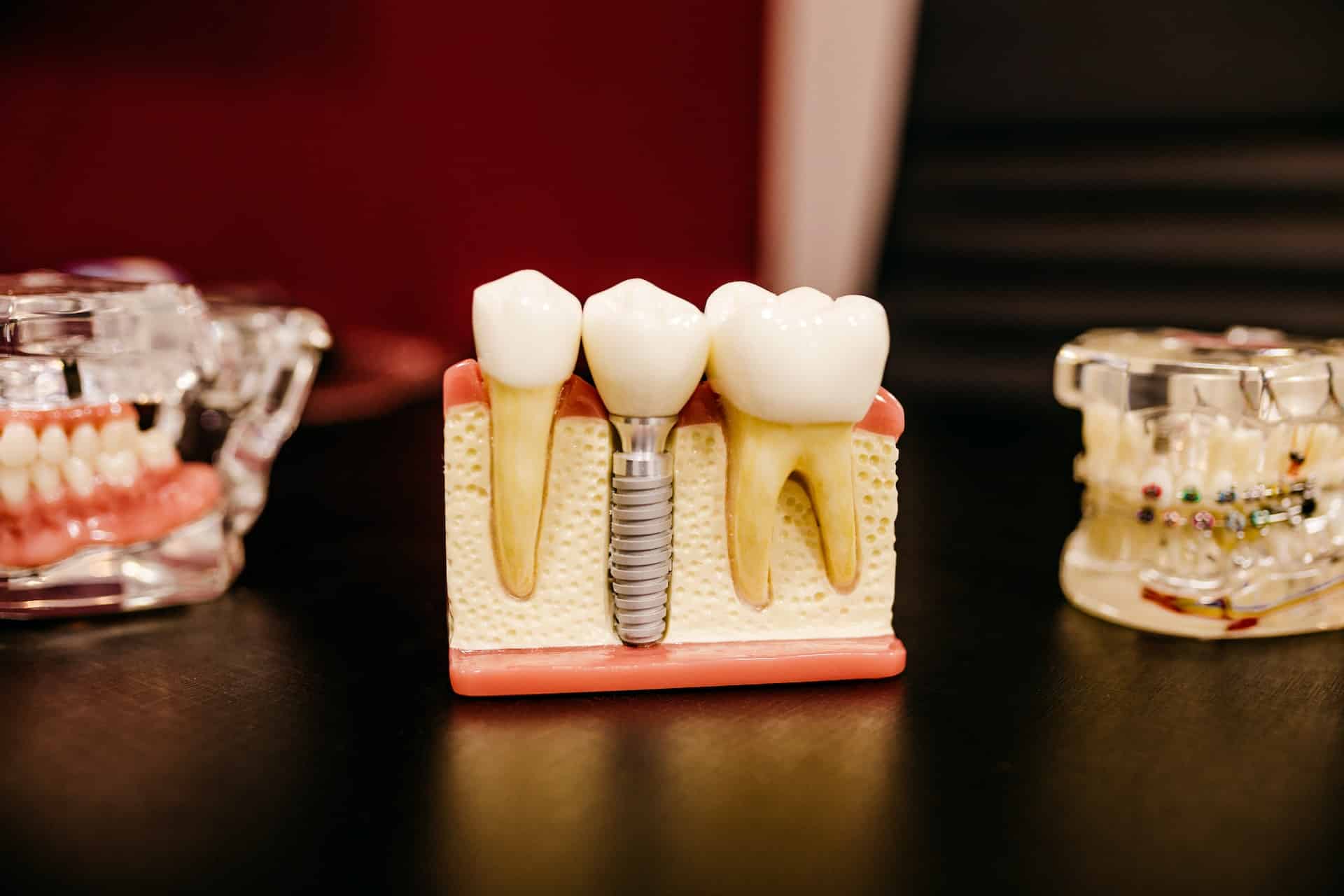Speaking is a complex process that uses a combination of body parts, such as the tongue, lips, teeth, and vocal tract, to create sounds. If one of these structures does not function properly, it can affect how someone speaks, for example, causing them to slur their words or have a lisp. Generally, when we talk, the tongue touches the teeth or the roof of the mouth to help form sounds. While not all sounds require teeth, many do.
To understand how important teeth are for speaking, try saying a phrase without using your upper and lower teeth or your lips and tongue. For example, try saying, “the time is now,” without letting your teeth touch or using your lips and tongue. It’s hard, right? Unfortunately, not everyone is gifted with the necessities to speak properly, and some of us lose them over time. We’re talking about teeth.
How Missing Teeth Can Cause Speech Problems
Missing teeth can cause serious speech problems. People with missing teeth may find it difficult to pronounce certain words, or the words may be hard for others to understand. Additionally, people with missing teeth may experience a lisp or other speech impediment.
The main reason missing teeth can cause speech problems is because of the way the mouth and tongue move when speaking. The teeth help form sounds by providing a surface for the tongue to press against. Without the teeth, the tongue may not be able to form certain sounds properly, resulting in slurred words or difficulty pronouncing certain words.
Another reason missing teeth can lead to speech difficulties is how the mouth is shaped. If a person has a missing tooth, the shape of the mouth will be different than someone with a full set of teeth. This can affect the way the air passes through the mouth when speaking, leading to difficulty in forming certain sounds.
Finally, missing teeth can cause speech problems due to the psychological impact they can have. People who are missing teeth may feel self-conscious or embarrassed, leading to a lack of confidence and difficulty speaking in public.
How Dental Implants Can Help Solve Speech Problems
Dental implants are a popular solution for replacing missing teeth. They are designed to look and feel like natural teeth and can last for many years when cared for properly. But did you know that dental implants can also help to solve speech problems?
It’s true! The implant acts like a tooth root and is surgically placed into the jawbone. When the implant heals, it is securely attached to the bone and can support a false tooth or bridge. This helps to restore the normal position of the tongue, which can improve your speech.
In addition to restoring your speech, dental implants can also help to improve your overall oral health. This is because the implant helps to keep the jawbone healthy and strong. When teeth are missing, the jawbone can start to deteriorate, and this can cause further problems such as shifting teeth, gum disease, and even face shape changes. By restoring the jawbone with an implant, you can help to maintain the strength and health of your mouth.
Conclusion
If you are missing teeth and are experiencing speech problems, dental implants can be a great solution. They can help to restore your natural speech and improve your oral health. So, if you want to find out if dental implants are right for you, talk to your dentist today!
Pickering Dental Services offers the best preventative dental care for everyone, giving a lifetime’s worth of beautiful smiles. If you are looking for dental implants in Ajax, book an appointment with us today.


